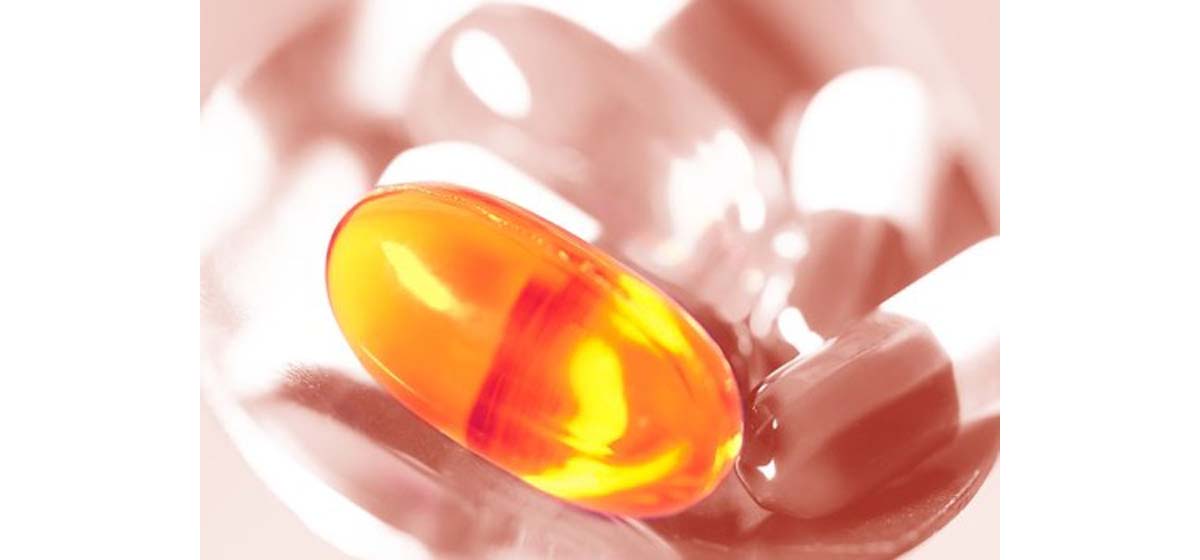Table of Contents
The change in the prescribing guideliness for statin drugs like Lipitor, Crestor, Zocor, Levacor, Pravachol raises an important question: If lowering normal LDL levels is not known to reduce risk of heart attack and stroke, and if the benefit of taking a statin drug is not clearly tied to its ability to lower cholesterol levels, why have so many people been prescribed them.

Past committees “made them up out of thin air." Dr. Nissen is hardly the only physician who has this opinion. In the USA, the Veterans Administration scrapped its LDL guidelines earlier in 2013.
But just because treating cholesterol numbers instead of cardiovascular disease has become standard practice in the USA doesn't mean that statins are useless. It may only mean that the real value of statins has been fighting inflammation, not lowering cholesterol.
Some Doctors Advocate a Holistic Approach
The advantage of dispensing a statin drug to every patient comes along with real, although very small, protective benefit associated with lowering cholesterol levels with medication.
That actual protective benefit of many of the statins in large-scale population studies is more on the lines of 7% to 10% over a 10-year period, that is, patients have a 10% lower risk of having a heart attack over the next 10 years if they take the drug, but patients are not told that. They are simply told to take their pills and their cholesterol levels are amazingly lower.
Don't Depend on a Statin, or Any Other Drug, to Do It All For You
But a more mature approach to the issue of cardiovascular health is for patients to take primary responsibility for their health.
And since inflammation of your arteries is not as much of an issue if they are not injured by tension, why not make especially sure you keep your blood pressure under control?
A few minutes every few months with your doctor may be profoundly important to your health, but you are in charge day by day. Let your doctor manage your numbers, but don't forget that it is up to you to manage your life.
- 2013 AHA/ACC Guideline on Lifestyle Management to Reduce Cardiovascular Risk. A Report of the American College of Cardiology/American Heart Association Task Force on Practice Guidelines. J Am Coll Cardiol. 2013. doi:10.1016/j.jacc.2013.11.003.
- Kolata G. Experts reshape treatment guide for cholesterol. New York Times. 13 November 2013.
- cholesterol-medications.jpg


Your thoughts on this